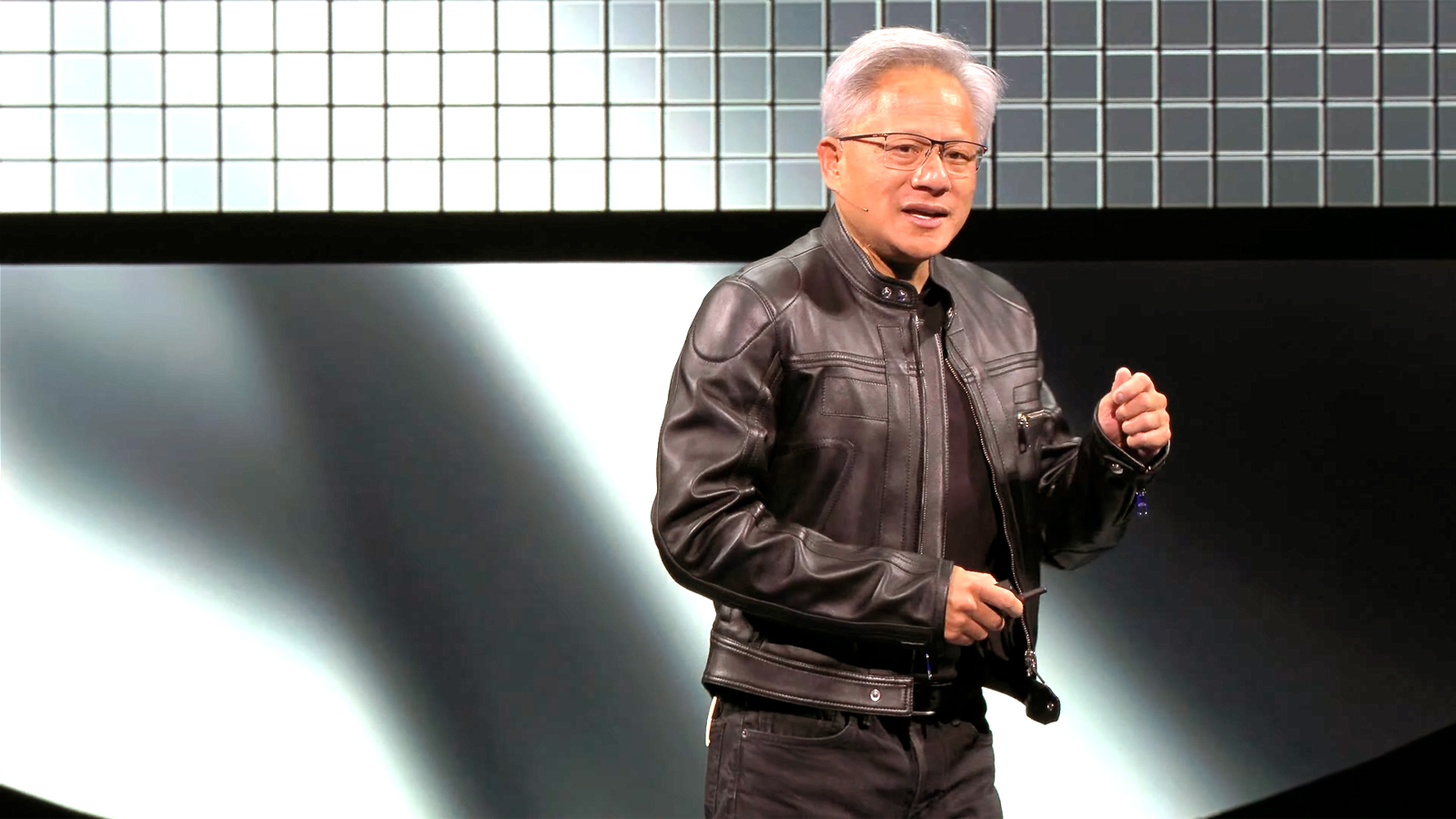Nvidia CEO Jensen Huang says Huawei will take advantage if AI chip restrictions continue — 'our technology is a generation ahead of theirs', but not for long
If AI developers continue flocking to China, the US will lose its competitive edge

"Huawei has got China covered," shared Nvidia boss Jensen Huang when speaking with reporters at VivaTech in Paris this year. Huang warns of potential misplays that could hand a major win to China in the current AI race as the US turns to trade isolationism.
China currently stands as the world's second-largest economy, with Huawei being its most notable tech firm. The U.S.-China trade war over advanced chips has been raging for years, and while the U.S. stands as the top dog today, recent decisions from the U.S. government threaten its lead.
“Our technology is a generation ahead of theirs,” said Huang of Huawei, a claim that Huawei itself affirms internally. But this was followed with a warning: "If the United States doesn’t want to partake, participate in China, Huawei has got China covered, and Huawei has got everybody else covered."
Since 2020, the U.S. has entertained a policy of banning any large Chinese tech firms from access to advanced chipmaking technologies by placing them on the Department of Commerce's "Entity List", noting firms with ties to foreign security risks, and also by heavily restricting trade of U.S. leading-edge technology into China.
However, the situation has escalated in recent weeks as President Trump has launched a more intense tariff offensive against China. The Trump administration recently pledged to "aggressively revoke visas of Chinese students," a move China has responded to by calling its students home and recruiting more AI researchers to its institutions.
"If we want the American technology stack to win around the world, then giving up 50% of the world’s AI researchers is not sensible," warns Huang. "So long as all the AI developers are in China, you know, I think [the] China stack is going to win. And so we just have to be mindful of near-term actions on long-term, unintended consequences."
Concerns of China outpacing and soon surpassing U.S. tech research and production are not new or unfounded. A recent report found that China has doubled the U.S.'s research output on next-generation chip technologies over the last ten years, with a majority of the most-cited and highest-quality studies coming from China. This gulf is only expected to increase as the Trump administration begins to "renegotiate" CHIPS Act contracts, along with its move to defund research institutions.
Get Tom's Hardware's best news and in-depth reviews, straight to your inbox.
Huang was careful not to criticize or place blame on the Trump administration for recent policy changes that potentially give an edge to China. The president "knows what he’s doing," says Jensen. "He has a game plan. I trust him, and we’ll support him the best we can."
As for Huawei, it knows it still has work to do to reach its U.S. competition. Huawei CEO Ren Zhengfei recently shared, "The United States has exaggerated Huawei’s achievements. Huawei is not that great. We have to work hard to reach their evaluation." While Huawei may be humble about its current capabilities, the firm is still nothing to sneeze at, as a leading bastion in various Chinese domestic chip initiatives. As China continues to bolster its domestic chip industry, time will tell if modern U.S. trade initiatives are doing more to help than hinder its progress.
Follow Tom's Hardware on Google News to get our up-to-date news, analysis, and reviews in your feeds. Make sure to click the Follow button.

Sunny Grimm is a contributing writer for Tom's Hardware. He has been building and breaking computers since 2017, serving as the resident youngster at Tom's. From APUs to RGB, Sunny has a handle on all the latest tech news.
-
dynamicreflect To be successful, you must be greedy!Reply
But you really don't need to be the NO.1, right?